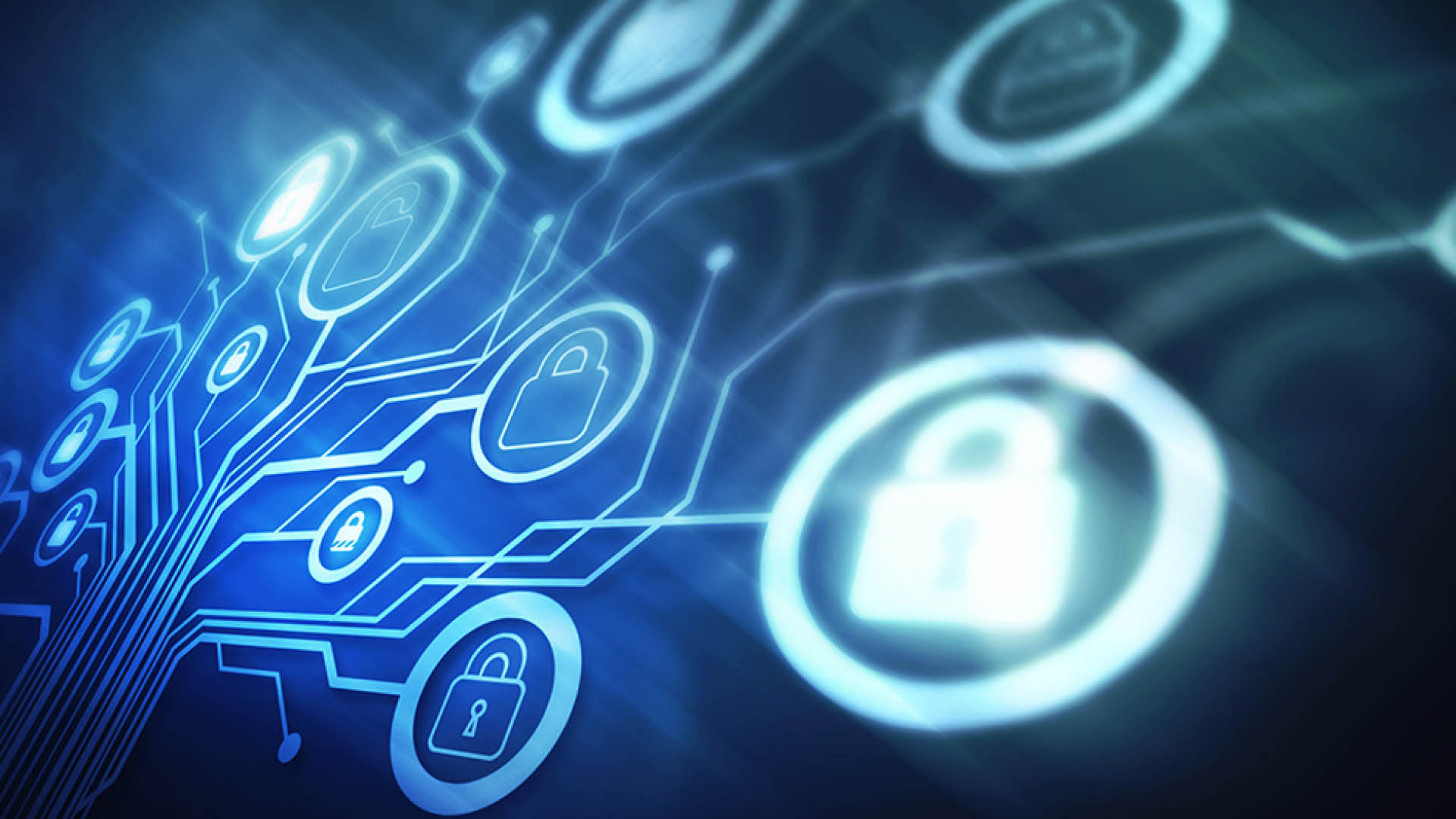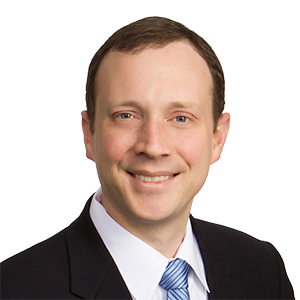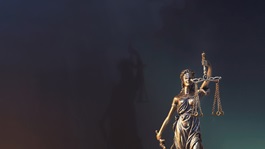After spawning hundreds of class actions over the alleged use of auto-dialed phone calls and text messages, the Telephone Consumer Protection Act (TCPA) has finally made its way to the United States Supreme Court. Last month, the Supreme Court ruled in Barr v. American Association of Political Consultants (AAPC), 140 S. Ct. 2335 (2020) that an exception to the TCPA’s automated call restriction—for calls made to collect government debts—violated the First Amendment.
As a result of this decision, robocallers engaged in collection efforts for government-backed debts are no longer protected from liability under the TCPA, which imposes a minimum US$500 civil penalty for each call or text made in violation of the statute. During the fall term, the Supreme Court will consider another important TCPA case that may clarify what types of dialing systems are covered by the statute. Facebook v. Duguid et al., 926 F.3d 1146 (9th Cir. 2019), cert. granted (July 9, 2020) (No. 19-511). Companies that use automated phone dialing or text messaging to communicate with customers should take heed of these decisions.
The TCPA, which became law in 1991, restricts the use of an automatic telephone dialing system (ATDS) to transmit calls or texts to mobile numbers without the recipient’s prior express consent. Companies face a minimum statutory civil penalty of $500 for each call or text made in violation of the statute. This penalty has led to hundreds of TCPA class actions, putting companies at risk of severe liability when damages are calculated on a classwide basis. In 2015, Congress amended the TCPA to add an exemption for calls made to collect government debt. The issue the Supreme Court faced in the AAPC case was (1) whether the exception violated the First Amendment, and (2) whether the exemption could be severed from the rest of the TCPA.
Plaintiffs, including AAPC, were “political and nonprofit organizations that want to make political robocalls to cell phones,” brought suit, arguing that the exception violated the First Amendment by favoring government debt collection speech over other speech. (140 S. Ct. at 2343.) The government argued the speech was content-neutral, and therefore not subject to strict scrutiny.
Justice Brett Kavanaugh, joined by Chief Justice John Roberts and Justice Samuel Alito (and joined in part by Justice Clarence Thomas), delivered a plurality opinion that invalidated the government-debt exception and severed the exception from the remainder of the TCPA.
Justice Kavanaugh held that the government-debt exception was an unconstitutional content-based speech restriction, noting that “[a]lthough collecting government debt is no doubt a worthy goal, the Government concedes that it has not sufficiently justified the differentiation between government-debt collection speech and other important categories of robocall speech.” (Id. at 2347.) However, the exception could be severed from the rest of the TCPA because the Communications Act (which the TCPA is a part of) has an express severability provision. (Id. at 2352.) Justice Kavanaugh also concluded that a presumption of severability would have required that the government-debt exception be severed from the rest of the TCPA even absent an express severability clause. (Id. at 2352-53.)
Justice Sonia Sotomayor wrote a separate opinion concurring in the judgment. While Justice Sotomayor argued that the government debt exception was subject to intermediate rather than strict scrutiny, she concluded that the exception was invalid even under intermediate scrutiny and agreed with Justice Kavanaugh that the exception was severable from the rest of the TCPA. (Id. at 2356-57.)
Justice Stephen Breyer, joined by Justices Ruth Bader Ginsburg and Elena Kagan, dissented with respect to the plurality’s First Amendment analysis, arguing instead that the government-debt exception did not violate the First Amendment. First, Justice Breyer argued that strict scrutiny does not apply to all content-based restrictions on speech and should only apply when a restriction (1) interfered with the “marketplace of ideas,” or (2) interfered with an individual’s right to transmit thoughts to the government. Here:
“Regulation of debt collection does not fall on the first side of the democratic equation. It has next to nothing to do with the free marketplace of ideas or the transmission of the people's thoughts and will to the government. It has everything to do with the second side of the equation, that is, with government response to the public will through ordinary commercial regulation. To apply the strictest level of scrutiny to the economically based exemption here is thus remarkable.” (Id. at 2359.)
As a result, Justice Breyer argued, intermediate scrutiny applied. In his view, the government-debt exception was permissible under this standard because (1) the speech related harm was “modest,” and (2) the exception was narrowly tailored, because “Congress has minimized any speech-related harm by tying the exception directly to the Government's interest in preserving the public fisc.” (Id. at 2362-63.) Despite disagreeing on the level of scrutiny, Justice Breyer concurred with Justice Kavanaugh’s opinion on the issue of severability. (Id. at 2363.)
In a separate dissenting opinion joined in part by Justice Thomas, Justice Gorsuch agreed with the plurality that the government debt exception was subject to strict scrutiny and was invalid under that standard. Justice Gorsuch, however, criticized the Court’s remedy, observing that it provided no benefit to the plaintiffs (who, under the Court’s ruling, were still prohibited from using an ATDS to make calls for political purposes) while eliminating a critical statutory protection for other entities (collectors of government debt) who were not parties to the case and who were not afforded “any opportunity to be heard” in the litigation. (Id. at 2365-66.) Justice Gorsuch noted that “somehow, in the name of vindicating the First Amendment, our remedial course today leads to the unlikely result that not a single person will be allowed to speak more freely and, instead, more speech will be banned.” (Id. at 2366.)
The Supreme Court’s decision in AAPC is unlikely to have a significant effect on TCPA litigation outside the government debt collection context, as it focused on a narrow exception, and ultimately severed that exception while preserving the rest of the statute. However, the Supreme Court recently granted certiorari in the matter of Facebook Inc. v. Duguid.
There, the Court will finally resolve a matter that has split the lower circuits – whether an ATDS under the TCPA requires random or sequential number generation. Some circuits, like the Third Circuit, have found that a device must have the capacity to generate a random or sequential list of telephone numbers to be considered an ATDS. E.g., Dominguez v. Yahoo, 894 F.3d 116 (3d Cir. 2018). In the Ninth Circuit, however, a device need not have number generation capabilities to be considered an ATDS. Marks v. Crunch San Diego, 904 F.3d 1041 (9th Cir. 2018). Rather, the Ninth Circuit held that the definition of ATDS includes equipment that can automatically dial phone numbers stored in a list, regardless of whether the equipment has the capacity to generate the numbers for the list in a random or sequential fashion.
The Supreme Court’s resolution of this split will provide much-needed clarity on this aspect of the TCPA, as well as any potential litigation moving forward.





